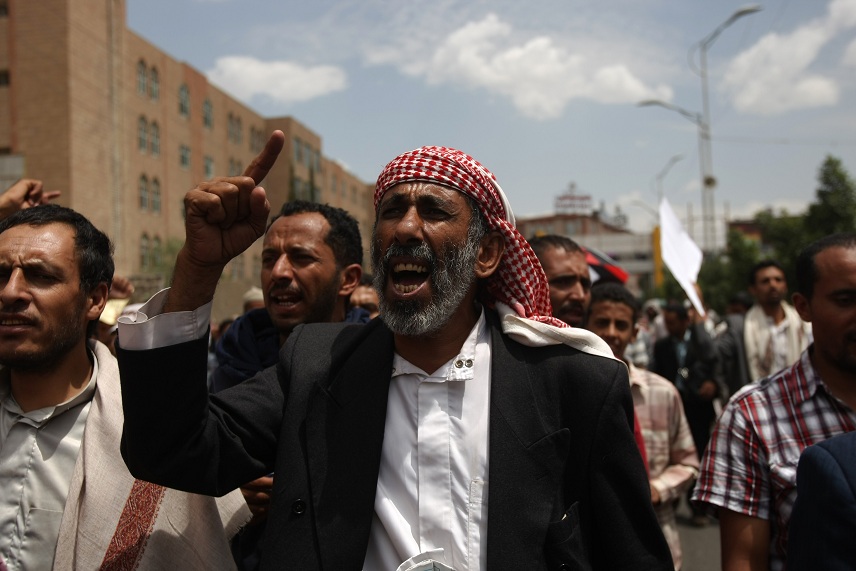Egypt’s Deputy Prime Minister for Human Development and Minister of Health and Population, Khaled Abdel-Ghaffar, participated in a high-level ministerial roundtable on antimicrobial resistance (AMR) and infectious disease preparedness and response, organised by the Africa Centres for Disease Control and Prevention (Africa CDC).
The roundtable was held during the fourth Global Ministerial Conference on Antimicrobial Resistance, hosted by Saudi Arabia.
Abdel-Ghaffar’s address emphasised the alignment of Egypt’s national AMR action plan with the global action plan and highlighted Egypt’s commitment to strengthening collaboration with Africa CDC. He detailed Egypt’s comprehensive AMR strategy, focusing on several key areas.
Significant progress has been made in Egypt’s national infection prevention and control (IPC) program, with a commitment to sharing expertise and expanding training initiatives regionally to ensure efficient IPC practices across African healthcare systems. Egypt is also ready to support Africa CDC through the WHONET program and in collaboration with the Global Antimicrobial Resistance Surveillance System (GLASS) to enhance surveillance and diagnostic capabilities.
A key element of the strategy is training and capacity building, demonstrated through the implementation of an electronic surveillance program for IPC and AMR currently active in 80 hospitals. The rational use of antimicrobials is being addressed through the implementation of the World Health Organization’s methodology for antimicrobial consumption, focusing on prescribed daily doses.
Finally, substantial public awareness campaigns are underway, targeting healthcare workers, students, and the general public.
Abdel-Ghaffar reiterated Egypt’s commitment to partnerships with African disease control centres and its readiness to support collective efforts to combat AMR and strengthen public health systems across the continent.
The high-level roundtable addressed several key issues, including the importance of “One Health” policies—acknowledging the interconnectedness of human, animal, and environmental health. Participants also discussed strategies for enhancing surveillance, improving rapid response capabilities, raising public awareness, and mobilising resources.
Further discussion focused on collaborative strategies amongst African nations to strengthen surveillance, rapid response mechanisms, public awareness, AMR policies, sustainable financing, local manufacturing, and infection prevention and control.




